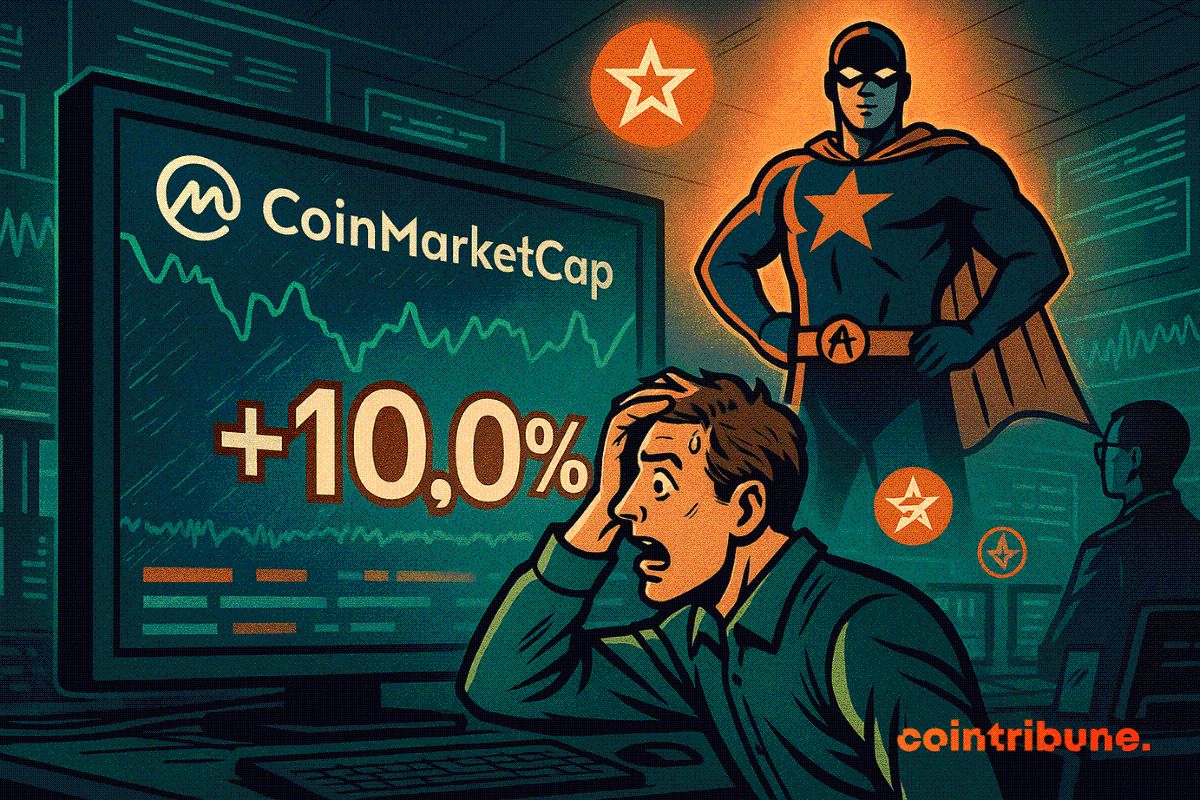Private Credit Industry Shifts Focus to Managing Risks During Economic Instability
- Private credit providers like Barclays and Deutsche Bank are tightening risk controls amid economic uncertainty, boosting stable income streams and capital buffers. - Barclays reported £5.2B H1 2025 profit with 73% stable revenue, while Deutsche Bank's private banking revenue rose 4% to €2.4B amid declining credit loss provisions. - Subprime lender Credit Acceptance saw 16.5% loan volume drop and 5.1% market share, prioritizing margin stability over volume as affordability challenges persist. - Industry-
Recent industry updates reveal that private credit lenders are increasingly implementing tougher legal protections for borrowers, as worries about possible economic challenges intensify. With companies burdened by debt feeling greater strain, organizations such as

Barclays announced a 24% increase in pre-tax earnings for the first half of 2025 compared to the previous year, reaching £5.2 billion, fueled by robust results from its UK operations and private banking arm. The bank’s net interest income (NII) climbed 12% to £3.1 billion in the second quarter of 2025, with steady income sources now making up 73% of total revenue—a crucial indicator of the bank’s ability to withstand market swings. Barclays’ CEO highlighted a renewed focus on UK-centric business, noting that its Private Bank & Wealth Management unit delivered a 31.9% return on tangible equity (RoTE), reinforcing confidence in meeting 2026 financial objectives.
At the same time, Deutsche Bank’s private banking segment recorded a 4% year-over-year rise in net revenue to €2.4 billion in the third quarter of 2025, driven by a 9% boost in net interest income to €1.6 billion. Assets under management reached €675 billion, reflecting €13 billion in net new assets and supportive market trends. CEO Christian Sewing credited the gains to the bank’s “Global Hausbank” strategy, which puts clients and shareholders at the center during uncertain times. Nevertheless, the bank also reported a 16% reduction in credit loss provisions, indicating a cautious but positive outlook amid ongoing economic unpredictability.
The move toward stricter lending standards extends beyond large institutions. Subprime auto lender
This overall shift signals a greater emphasis on risk control as banks prepare for possible loan defaults. Barclays’ focus on reliable income and Deutsche Bank’s attention to private banking liquidity mirror a broader industry effort to strengthen capital reserves. For subprime lenders like Credit Acceptance, these trends highlight the increased risks faced by borrowers as lending standards tighten.
Experts point out that the heightened attention to debt portfolios is part of a broader reaction to macroeconomic challenges, such as inflation and regulatory oversight. As banks strive to balance expansion with prudent risk practices, their ability to manage in an environment of uncertain credit conditions will be put to the test in the months ahead.
Disclaimer: The content of this article solely reflects the author's opinion and does not represent the platform in any capacity. This article is not intended to serve as a reference for making investment decisions.
You may also like
After the confusion on CMC, Aster reassures and jumps +10%

Hyperliquid (HYPE) To Rise Higher? Key Harmonic Pattern Signals Potential Upside Move

DOJ Shuts Down North Korea’s Cyber-Backed Weapons Financing Network
- U.S. DOJ disrupts North Korean cybercrime network infiltrating 136 U.S. firms via fake IT workers, generating $2.2 million in illicit revenue for Pyongyang's weapons programs. - Five individuals, including U.S. citizens and a Ukrainian national, pleaded guilty to enabling APT38's operations through stolen identities and proxy computers hosted in U.S. residences. - DOJ seized $15 million in USDT linked to 2023 crypto heists by APT38, which has stolen over $2 billion globally in 2025 alone, according to El

Trump’s decision to pardon Lewis suggests a softer stance toward high-profile white-collar offenses
- Trump pardons British billionaire Joe Lewis, allowing him to return to the U.S. after a 2024 insider trading conviction. - Lewis, 88, avoided jail due to health but faces $5M in fines; his family expressed gratitude for reuniting with relatives in Florida. - The pardon aligns with Trump's pattern of leniency toward high-profile figures, sparking debates over corporate white-collar crime policies. - Lewis's family trust confirms no changes to Tottenham Hotspur's governance, maintaining Vivienne Lewis's op
